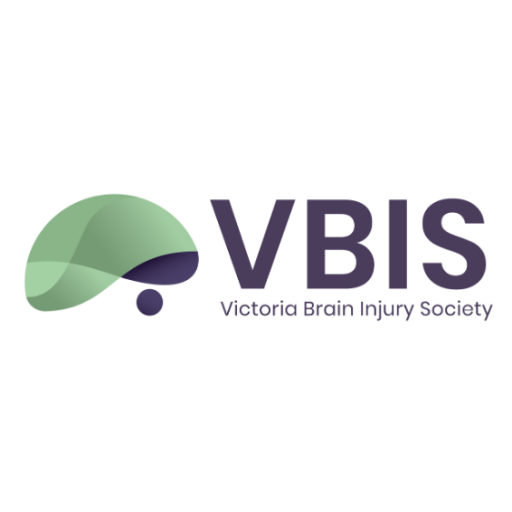As the digital world continues to grow and expand, excess screen time is becoming more
of a concern for individuals of all ages. With technology becoming more accessible and more
complex it’s no wonder finding time away from a screen can be difficult. As screens are
becoming more integrated into our lifestyles, it is important to understand how excess screen
time can affect brain health and an individual’s overall wellbeing.

Screens are all around us helping to facilitate daily activities including work, school,
social interactions, etc. Technology has many benefits and can be an important tool for
communication and learning. It allows access to communities and information that may not
otherwise be available. Screen time is defined as any time in front of a screen including
smartphones, tablets and computers, while being either active or inactive during exposure
(CDC, 2024). This allows the inclusion of screen time associated with physical activity. While
smartphones and computers allow communication and connectedness it is important to
recognize that there are risks associated with excessive screen use (CDC, 2024). According to
the CDC, prolonged exposure to screen time can have negative impacts on mental and physical
health. Finding a balance among screen use and being present in the physical world will
encourage healthier relationships with screens and technology.
Screen time has various effects on the brain and its ability to carry out cognitive
functioning. Laurie et al. (2022) suggest that the effects of excess screen time during brain
development can be compared to symptoms presented in adults with mild cognitive impairment.
This comparison highlights issues with concentration, social interactions as well as taking
proper care of one’s health including sleep regulation and physical activity. According to Laurie
et al., “chronic sensory stimulation can alter gray matter and white volumes in the brain” (2022).
These changes within the brain, specifically in the adolescent brain, affect the behavior of the
individual and can increase the risks of cognitive impairments later in life. This is important as
adolescents and children are at a greater risk of cognitive impairments if exposed to excessive
screen use during brain development. Other negative symptoms include impairments in
attention and concentration, learning and memory, emotional regulation, social functioning, and
physical health. It is important that everyone has the tools to foster healthy engagements with
their smartphones and other technological devices.
Forming healthier screen time habits can be difficult, especially at the beginning.
Establishing guidelines for families to engage in healthy screen time use can help support
connectedness among individual family members. In addition, limiting screen time use before
bed and during meals may help to decenter screens from daily activities. Finally, exploring
healthier alternatives for free time including physical activity, engaging in social relations, being
in nature and learning new hobbies can assist in drawing attention away from the digital world.
This can help promote technology as a tool of assistance rather than an addiction.
By: Shaylen Hardy
For more information:
https://www.canada.ca/en/public-health/services/publications/healthy-living/screen-time-nobody
s-perfect.html
https://www.cdc.gov/pcd/call_for_papers/screen_time_effects.htm
https://www.sedentarybehaviour.org/2017/08/09/activity-types-healthy-alternatives-replace-leisur
e-screen-time-reduce-mortality-risk/
References:
Laurie A. Manwell, Merelle Tadros, Tiana M. Ciccarelli, Roelof Eikelboom. Digital dementia in
the internet generation: excessive screen time during brain development will increase
the risk of Alzheimer’s disease and related dementias in adulthood. J. Integr. Neurosci.
2022, 21(1), 28. https://doi.org/10.31083/j.jin210102



